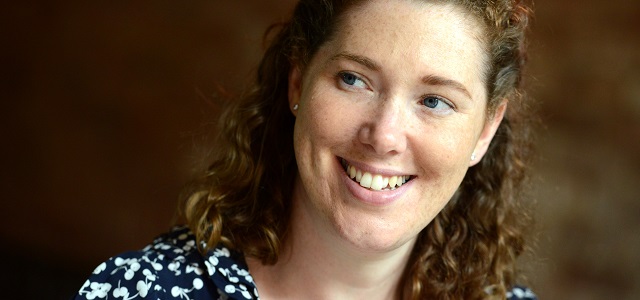Using PR to Promote Your Event
 Whether you’re attending a regional business expo or an industry awards ceremony, events offer an opportunity to showcase your business to new customers, meet up with your peers and engage with the wider public.
Whether you’re attending a regional business expo or an industry awards ceremony, events offer an opportunity to showcase your business to new customers, meet up with your peers and engage with the wider public.
Professional events can cover anything from a new product launch to a work anniversary so there are different audiences and different PR tools to consider.
PR Tools
If yours is a newsworthy event, then you should issue a press release to your local news media as well as regional business and sector specific publications. You could also invite journalists from these media outlets to attend and offer interview and photograph opportunities if that’s appropriate.
A dedicated web page is a good place to start when it comes to promoting an event. Alternatively, if you have a news or blog page then you can add informative, engaging content that will help people find out more and book a place.
You can discover and host live experiences on EventBrite, which acts as a noticeboard for people searching under specific topics and interests as well as a booking tool for guests.
Social media offers a good platform for disseminating news to a wider audience. If your customers are already engaged with your brand online, then you could use an initial teaser to get people talking about your event before spaces or tickets become available.
Regular updates about high-profile speakers you have secured or more details about what guests can expect on the day can persuade people to get involved in the conversation and book themselves on to the event.
Establishing a hashtag and encouraging your guests to use it before, during and after your event can help people feel like they’re part of something bigger. And engaging with guests on social media on the day shows you value their input and can lead to greater brand awareness.
Master Marketing
If you’re hosting an event which is open to the public then consider the use of posters and leaflets to attract attention. Posters could be put up centrally and even at large transport hubs that feed into your city, town or village.
Advertising on local broadcast media or in industry publications should also be considered as part of your strategy. But make sure that your campaign sets itself apart; with so much ‘noise’ on and offline, creating something unique will help pique people’s interest.
It’s Showtime
Sharing updates in real time on social media is a must, whether the event is open to the public or not.
If time and Wi-Fi will allow then post a video on Facebook and live tweet so that people who are unable to attend can still follow what’s going on and post comments and reactions.
Promoting the use of a hashtag can help you monitor content from your guests, which can help you gauge feedback and identify any problems as they’re happening.
If you’re launching a new product post a video of it in action and get people’s responses and comments as it happens.
Look after journalists who are attending and make sure there are opportunities for them to talk to key members of the team.
Maintain the Hype
It’s important to maintain the buzz after the day so that you can follow up warm leads with new clients or suppliers.
Adding good quality images to your social media pages, posting an event summary blog for your website, or sending out a follow-up press release to tell everybody what has happened can be a good way of ensuring people are still talking about your company after the event.
Following up journalists’ requests for comments and photos can help you build better relations with your local and industry specific publications, so get on the phone and give them a call.
If yours is an annual occasion, use images and video taken from previous years to really showcase what guests can expect to build your audience year on year.
So, whether you’re launching a new service or product, attending an expo or sponsoring a category during an award ceremony, there are plenty of opportunities to use events to shout about your business and what makes it unique.
Remember that not only your customers, but also key stakeholders and suppliers, future employees and investors might be watching your brand, so events provide a good opportunity to make a great impression.
This article was originally published by Lincolnshire Business on 2nd March 2017.









